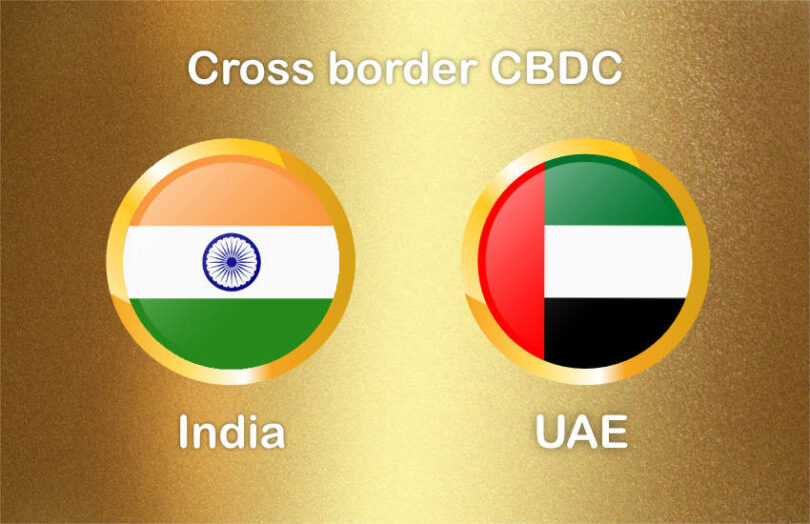Today the Reserve Bank of India (RBI) and the Central Bank of the UAE announced a collaboration for central bank digital currency (CBDC) experiments. They plan to conduct proofs of concepts and pilots for cross border CBDC transactions, targeting remittances and trade. The goal is to reduce costs and improve efficiencies in cross border payments.
It is unclear whether this will involve wholesale or retail CBDC trials, with the central banks mentioning a bilateral bridge between the CBDCs of the two countries. The UAE is already involved in another cross border CBDC Project MBridge with the central banks of China, Hong Kong and Thailand, which involves wholesale CBDCs.
However, there are ongoing political tensions between India and China, which might preclude India from joining that initiative.
The UAE is India’s second largest source of inbound remittances from migrant workers, with the U.S. taking the number one spot. To reduce the cost of remittances, India recently unveiled a link between its UPI domestic payment system and Singapore’s PayNow faster payment system, which is not CBDC related. And the deal between RBI and UAE’s central bank is around fintech, not purely CBDCs.
Since November 2022, India has progressed with wholesale and retail digital rupee experiments and pilots fairly rapidly.
In contrast, the UAE is a bit of a veteran. It first ran a shared cross border CBDC trial with Saudi Arabia back in 2020. In February, it confirmed plans for domestic and cross border CBDC.






